Frederick Douglass on July 4th – a Timeless Critique of Democracy in This Country (Full Speech)
Owl Eyes
What Frederick Douglass Learned From an Irish Antislavery Activist: ‘Agitate, Agitate, Agitate’
The Conversation
books
How German Atheists Made America Great Again
The New York Times
Frederick Douglass Knew What False Patriotism Was
The New York Times
labor
“The Meaning of July Fourth for the Negro”
The Life and Writings of Frederick Douglass, Volume II

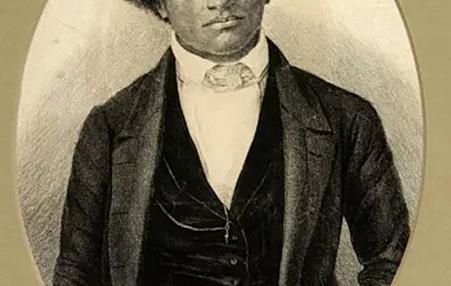
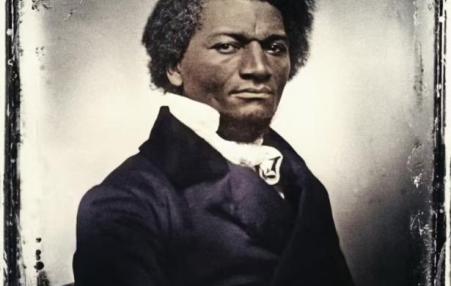


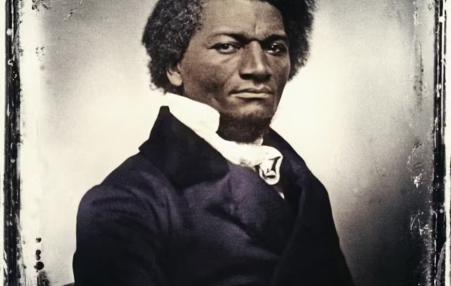
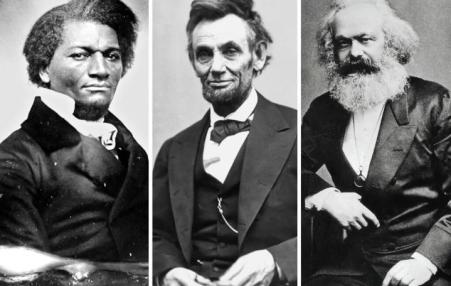

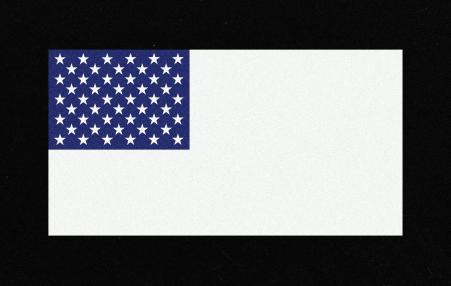
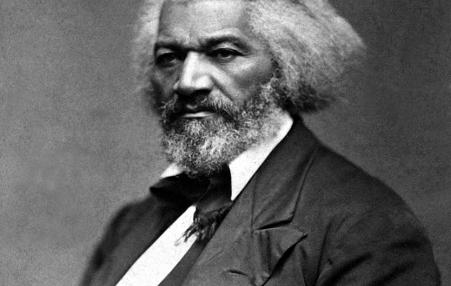

Spread the word